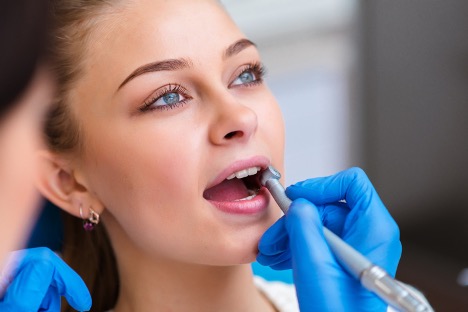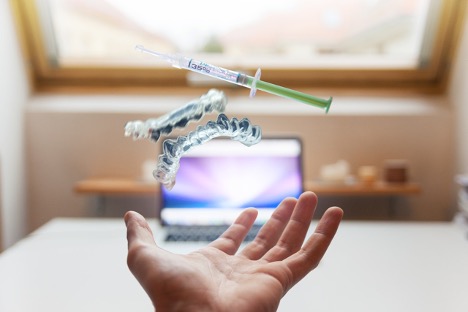
Each year, thousands of Britons are seeking essential orthodontic work to achieve a stronger, healthier and more cohesive looking smile. Whilst, on the whole, the numbers of those seeking treatment is on the rise, there is still a large proportion of the population who are dissuaded from seeking out required treatments, out of fear as to how orthodontics will negatively impact their outward appearance. This generally spans from out-dated ideas and mis-information that results in imagery of large, cumbersome head-gear and lisp-inducing braces. This, however, couldn’t be further from the truth, as today there are a number of discreet dental alignment options, such as Invisalign in Weybridge, which afford patients the ability to achieve a straighter looking smile, without attracting any unwanted attention.
Discreetly different
The Invisalign method is a revolutionary new form of orthodontics, developed by Zia Chishti and Kelsey Wirth in 1997. After witnessing first hand the negative impact that orthodontics at that time could have on someone’s outward appearance and speech, Chishti decided to take matters into his own hands, and despite having no formal orthodontic training, Chishti forever changed what was previously thought possible within the world of orthodontics, with his Invisalign retainer. The basis of the Invisalign method is to negate the need for conventional orthodontic tools and methods – such as fused brackets and metal wires – with a removable, clear plastic retainer, which is constructed from a patented plastic known as SmartTrack, used for its uniquely durable, yet malleable nature. When worn over the duration of treatment (which typically lasts around twelve months, but varies depending on the severity of each case) the aligner uses specifically placed pressure points to gradually push the patient’s teeth back into their correct alignment. Since it’s initial launch in 2001, the Invisalign method has grown vastly in popularity, and has helped restore the smiles of over 7 million happy patients worldwide, with a large portion of these being teenagers.
Invisible ingenuity
One of the primary reasons behind the Invisalign brace’s success within the demographics of teenagers and young adults, is the discreet nature of the process. Each SmartTrack aligner is custom made for each unique patient, and moulded around the specific contours of their teeth. As such, when worn, it fits so snugly over the patient’s teeth that it becomes practically invisible. This, uniquely separates the Invisalign method from other, more traditional forms of orthodontics, as it allows patients to undergo essential dental realignment, without attracting any unwanted attention from peers or colleagues.
Another unique quality of the Invisalign method, is the removable nature of the process. Again, unlike other, more traditional methods of dental realignment, the Invisalign retainer is entirely removable. This allows a patient the ability to choose when they carry out treatment around their own schedules – such as opting out on special occasions. This, in turn, can have a massively positive impact on the self-esteem and confidence of those who are undertaking the Invisalign process, as it allows them the unique ability to achieve a straighter, healthier looking smile, without sacrificing their outward appearance as a result.





